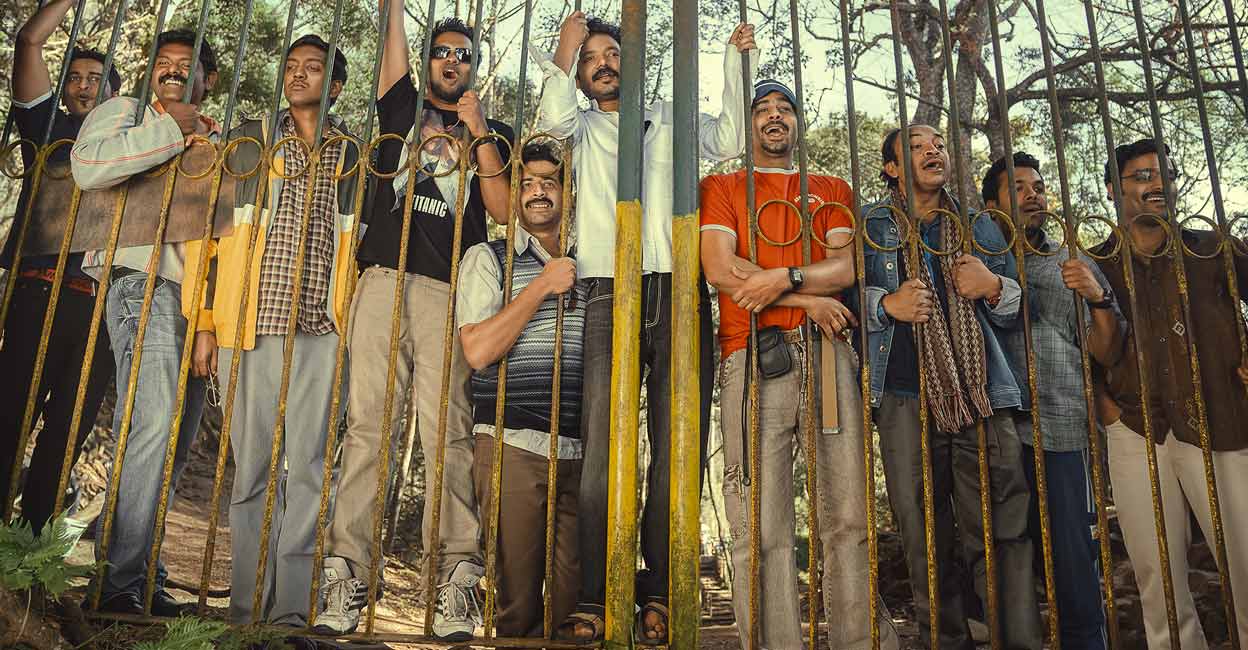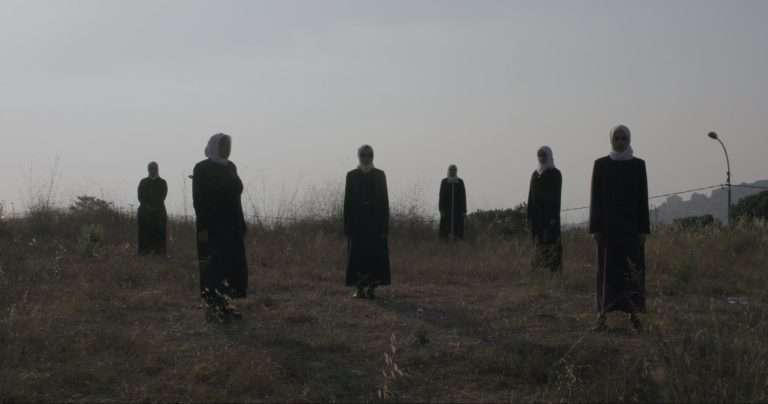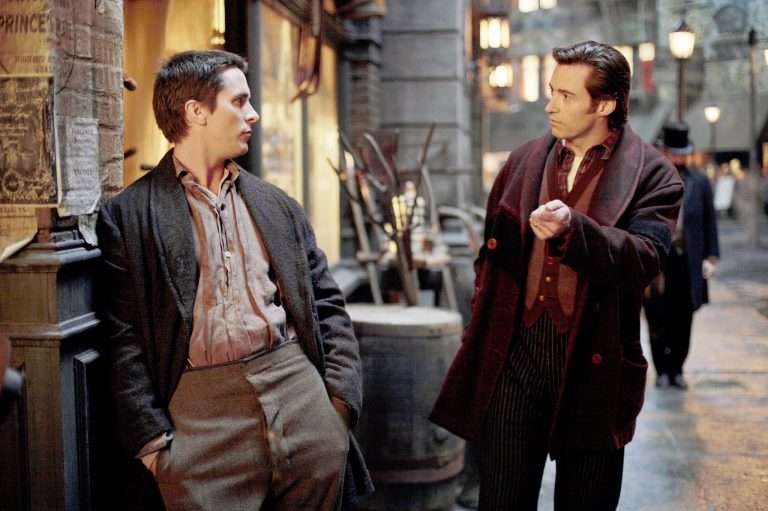As a non-Malayali with a partner who is a Malayali, you end up watching a lot of Malayalam films, often showcased to you with a certain pride and zeal that only comes with the knowledge that what you are presenting to your partner is of the utmost quality. Malayalam cinema has been raved about, especially in recent times, for being the forbearer of trailblazing cinema in India, and it has been proven to be true time and time again. I have become a sort of proselytizer for the recent film “Manjummel Boys,” recently entering into the “200 crore club,” a resounding piece of art that has not left my mind since I saw it.
When I first read about the film very casually, I understood it to be a “bromance.” This, however, did not come from serious reviews of the film but casual social media commentary. I was aware of the film’s success but not intrigued enough to watch it. I do not particularly care about films surrounding men. This is more of a personal failure than a feminist stance. I genuinely believe we need more stories about the differences in human experiences, including stories about men and their lives.
I knew two or three phrases about the film: it is about a group of friends and an adventure, and it is related to a real story that happened in 2006 in Kerala & Tamil Nadu. Furthermore, I knew that the song Kanmani Anbodu from “Gunaa” (1991) was getting a lot of attention due to the movie. Still, I was not too curious about the film. I am far from being a cynic, but I felt that there was too much “noise” about the film, which can often make it seem overhyped.
For context, I felt like I knew “bromance.” At least it’s the Bollywood version of it. My first intense encounter with bromance was with Zindagi Na Milegi Dobara and other flavors of whatever Zoya Akhtar wanted to create. Before that, there was Dil Chahta Hai. Both are entertaining but ultimately forgettable, except for some catchy dialogues and songs. I felt like I “got” it: the dynamics of male friendships, going on a trip, fixing each other’s “women problems,” and emerging from those problems stronger. So, what made Manjummel different? Why should I care?
As the film begins, we see that the problems of the characters are immediately clearly different from Bollywood “bromances;” the characters are from a conspicuously working-class background. Although a common feature of Malayalam cinema, this is a stark contrast to Bollywood. The boys themselves are not particularly aspirational. There is no rags-to-riches story to be found here. We are introduced to the boys and their qualities: raucous, uncouth, brash. They swear at each other, create a nuisance, and get into fights. Contrast these characters with the overly coiffed, pretentiously “relatable” characters written in ZNMD. The harshness of their social circumstances and their unpolished vernacular (one guy asks a local if he knows where he can find “girls”) remind us of the people around us. People we have seen in real life.
Everyone describing Manjummel as a “bromance” was wrong.
“Bromance,” especially in the new and shiny neoliberal Bollywood, is considered a cool new niche: look, male friends can also care about each other; not all stories have to surround male-female sex and romance. But still, there needs to be a feminine presence in the movie for two purposes, used alternatively or both together: women to “fix” the men and women whom the male characters are chasing and (inevitably) getting at the end of the movie.

In ZNMD, the main problems of the characters are driven by women: one friend has cheated with the other one’s girlfriend, and one has a fiancée who is controlling and must be avoided at all costs. Spanish girls and diving instructors combined with the heady mix of adventure sports make it a perfect “bromance,” male friends resolving their problems and moving on with their lives with their newly acquired wives.
This became a new niche in Bollywood storytelling because tales of human solidarity without a greater narrative of, say, development or patriotism are few and far between. But that is not the case with Malayalam cinema: Manjummel is simply another addition to the already established themes of storytelling in Kerala’s literary tradition: stories of solidarity are at the top. This film is not a bromance because it does not put the love between friends as something separate from romantic love; it is not a distraction or a stepping stone to the ultimate heteronormative life goals: a nuclear family with a wife and children.
Anyone who has watched the film would agree with me that the near-climax scene where Subhash is ultimately rescued is a treat to experience in the theatre. People are crying, yelling, and hooting as soon as the song lyrics come through.
Manithar unarndha kolla, Idhu manitha kaadhal alla,
This is no mortal love for humans to understand,
Adhaiyum thaandi punithamaanathu,
This is beyond that, pure and holy.
How often is it that we get films in which we see romantic tropes and songs glorifying a transcendental love between a man and a woman used for a group of friends who spend their days drinking and fooling around? Or, how often do we get films where a friend does something life-threatening and almost impossible for another?
We have stories about people sacrificing their lives for their families, their lovers, and their children, and we grow up listening to our parents advise against prioritizing our friends because friendships are fleeting. Intense competition with our peer group, especially among men, for jobs, women, and lifestyles can make these things true. Manjummel’s attempt to create something against this ideological stream is why it is truly one of the most extraordinary pieces of cinema made in recent times.
I kept remembering this line from an academic article after watching this film about friendships: In a society predicated on patriarchal structures of marriage, heteronormativity, and the nuclear family, there is no real language to articulate the complex nature of these relationships. Manjummel is a brilliant attempt at that articulation. In most of our lives, we might not go and resolve our problems in a fancy car in a foreign country, but I think we can all aspire to rescue our friends when they fall into pits.






